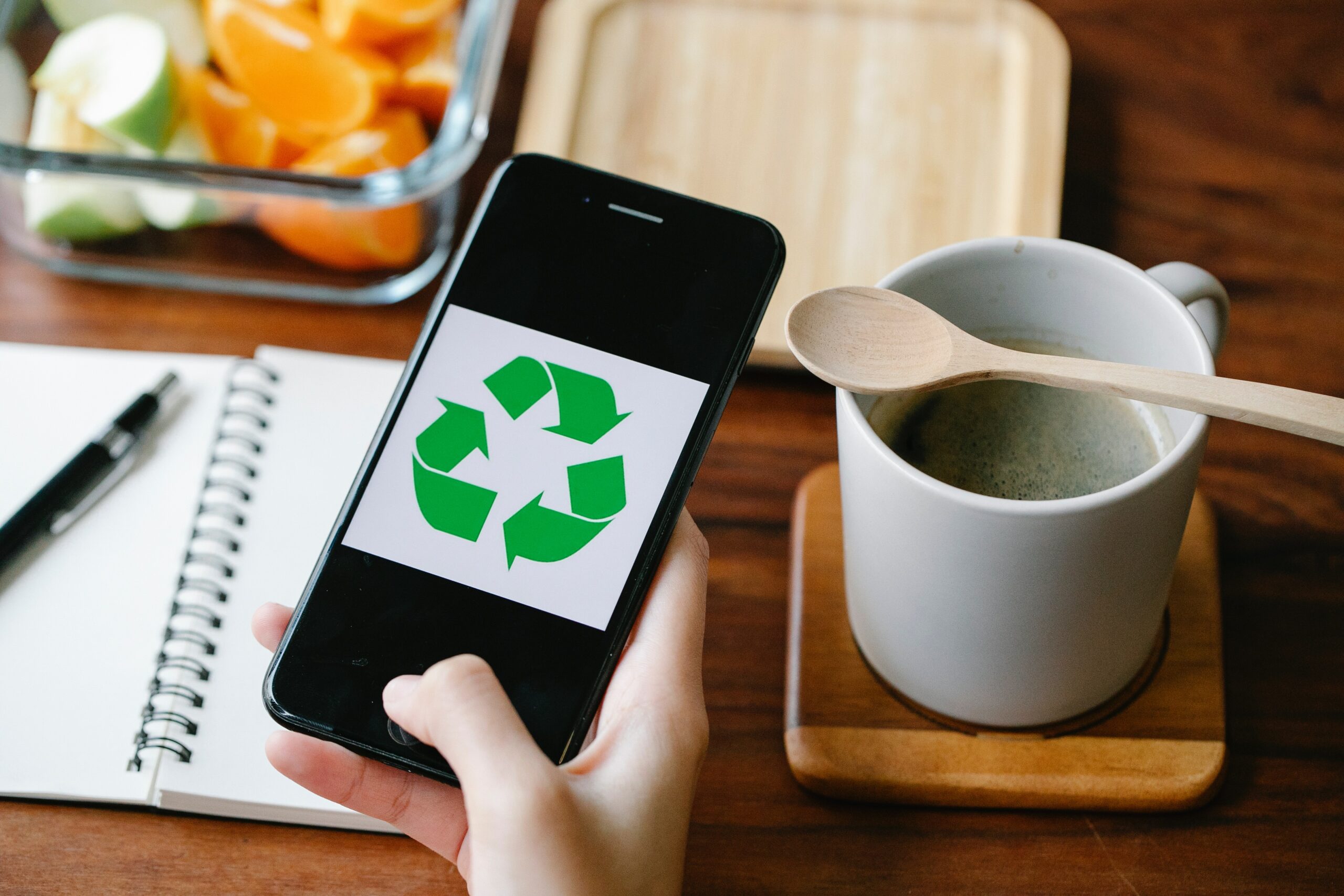
Why are Sustainability Certifications so Important?
Sustainability is a word for a big idea. The modern understanding of the concept of sustainability was strongly influenced by the UN’s „World Commission on Environment and Development“ also known as the „Brundtland Commission“, which published a document called „Our Common Future“ (the „Brundtland Report“) in 1987, but since then has evolved and grown into something more tangible than just an idea. So, what exactly is sustainability and what does it mean for your business? Essentially, sustainability refers to our ability to meet the needs of current generations without compromising the ability of future generations to meet their own needs. This may sound pretty straightforward but if we don’t act now – or soon – it could have disastrous consequences on future generations (and our own).
What are sustainability certifications
Sustainability certifications are a way to show that a product or company meets certain standards.
There are many types of certifications, but the most common ones are for environmental and social sustainability. For example, if you want to know whether a product is environmentally friendly, look for an EcoCert or Intertek Green Leaf Mark certification on its packaging or website. These two organizations (and many others) certify products based on their environmental impact and energy efficiency respectively – they can give you an idea about how green your purchase will be before you buy it!
Who can benefit from seeking certification – brands and customers
Sustainability certification is an important tool for brands and customers. For brands, the benefits include:
Building trust with customers. Consumers are increasingly demanding greater transparency from manufacturers and retailers about their products’ environmental performance. Certification can help you meet these expectations by demonstrating that you’re committed to sustainable practices, even if they’re not always visible on your product packaging or website. This builds loyalty among environmentally conscious buyers who want to know they’re making informed decisions when shopping for clothes or electronics–and it also helps attract new customers who wouldn’t otherwise consider buying your goods because they don’t believe they are sustainable enough (or at all).
Reducing risks associated with supply chains. A growing number of large corporations have realized that sustainability issues such as climate change could become significant business risks in coming years; according to one estimate by CDP (formerly known as Carbon Disclosure Project), a nonprofit organization that promotes transparency around environmental issues within companies worldwide through reporting tools like carbon footprints
Benefits of certification
Sustainability certification is a way to build trust with customers.
– it reduces risk and increases confidence in sustainability claims, which helps you attract new customers and retain existing ones.
– it creates a level playing field for your company, so that you can compete with other companies in your industry who are also certified as sustainable or who have made similar commitments to sustainability (such as reducing their carbon footprint).
– it helps you build your reputation for quality by demonstrating that you’re serious about taking steps toward achieving more sustainable practices across all aspects of operations–not just through one-off initiatives but by continually improving over time through ongoing monitoring and adjustment of processes based on feedback from stakeholders such as employees or suppliers.
Certifications create an official seal of transparency and accountability
Sustainability certifications provide a way for brands to show their commitment to transparency and accountability. They can help customers make informed decisions about the products they buy, which in turn helps the brand improve its sustainability practices.
All in all, certification programs are one of the best ways for brands to prove their commitment to transparency and accountability. These programs also provide an official seal of approval that shows customers that a brand has met certain standards of environmental responsibility, social responsibility, or both (or more).
If you’re looking for an eco-friendly product but aren’t sure what labels mean what, then look out for third-party certifications from renowned institutions before making your decision!
So…
All in all, certification is a way to create trust and transparency in a brand’s operations. It can be difficult to know what goes on behind closed doors at large companies, but by seeking out certification, brands are able to prove they are doing everything they can to make the world a better place. Certification also helps consumers make more informed decisions when shopping for products or services that align with their values.


